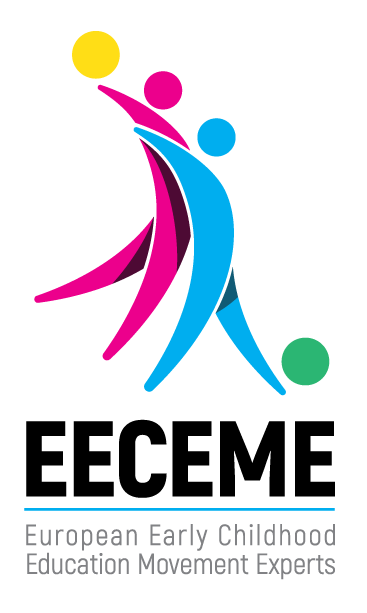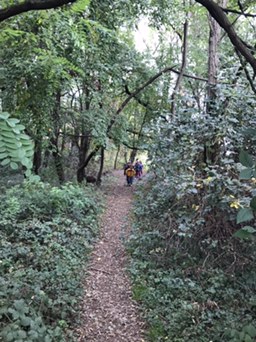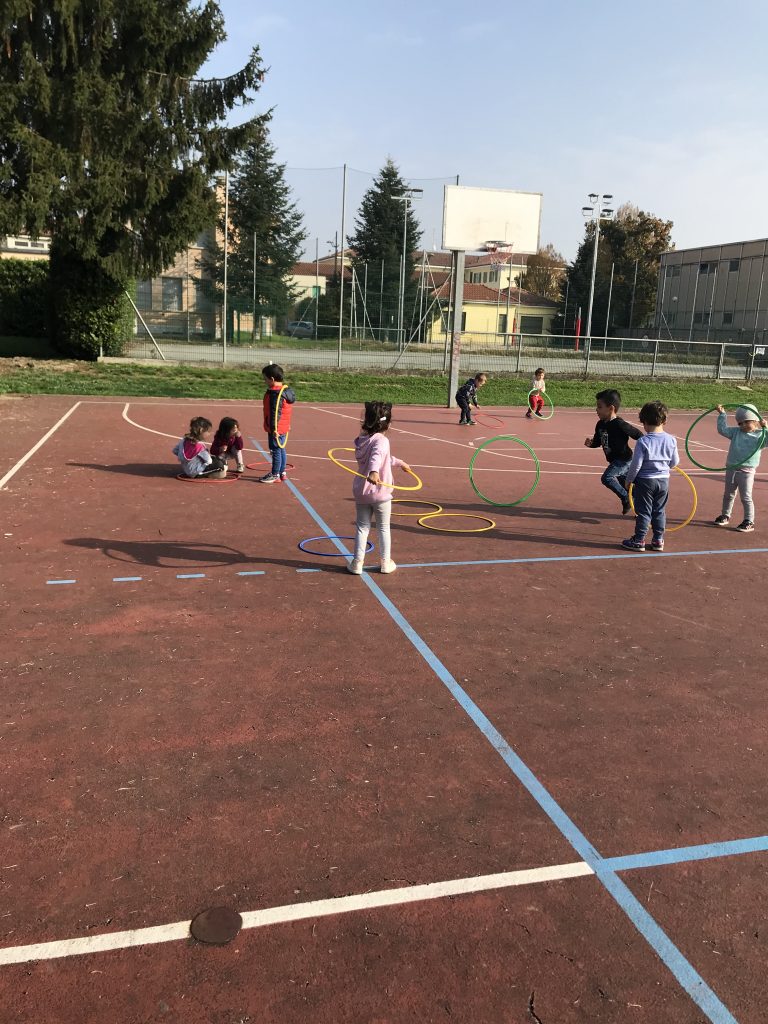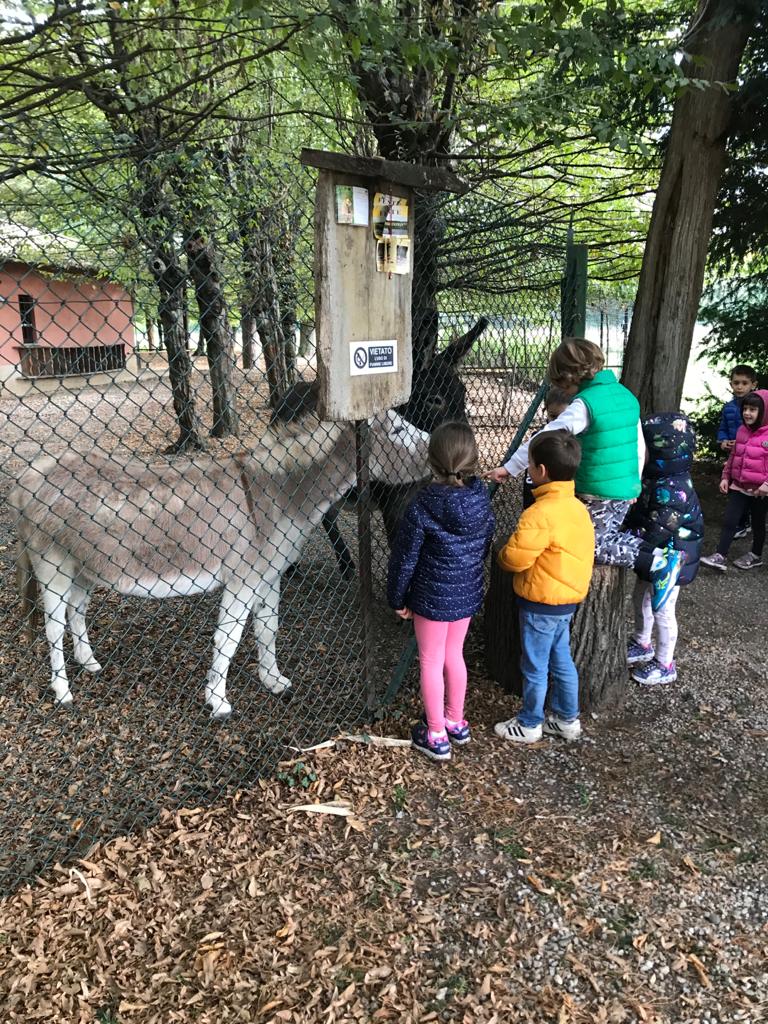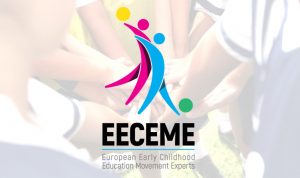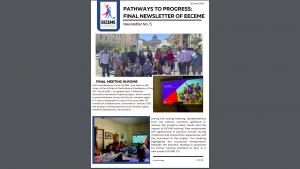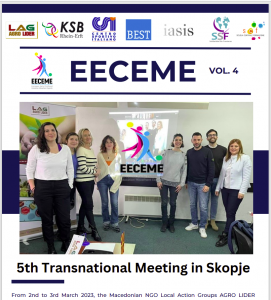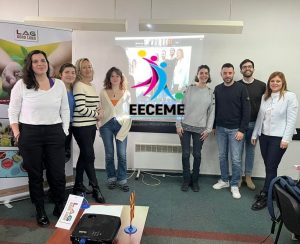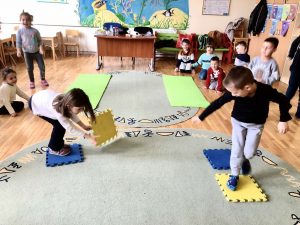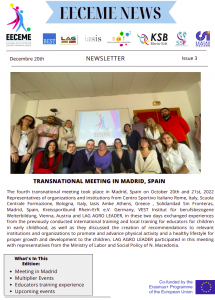Promoting movement and physical activity in children from the early first years of their life generates healthy education and balanced development of the personality. Through movement, the child acquires numerous benefits, both from a motor point of view and from a psychological and social one. There are various practices that promote movement and physical activity in children. The first step of the EECEME project was precisely the realization of a rich collection of Best Practices of basic physical activities in early childhood, collected from the organizations participating in the project in Austria, Italy, Greece, Macedonia and Germany. These practices have been the subject of analysis study carried out by the CSI (Centro Sportivo Italiano) researchers who have produced in September 2021 an Analysis Document, which will soon be published and disseminated by the official channels of the project.
We realize how today, after having experienced the interruption of many activities throughout Europe during the Covid emergency, being able to carry out again outdoor activities, movements in the water or sport with other people it’s an even greater possibility. The practices collected among the organizations participating in the EECEME project have been divided into 4 categories: 1) Basic motor activity practices 2) Water practices 3) Sports introduction practices 4) Outdoor practices. In the rich repertoire of practices of physical activities in early childhood of the analysis document (consisting of 33 best practices) we observe here some of the Italian best practices collected at the associated member of Scuola Centrale Formazione: ECFOP (Scuola dell’infanzia San Giuseppe) andFondazione IREA.
OUTDOOR PRACTICES. An outdoor activity offers the child a privileged setting compared to the classroom or in the gym: the sensory experience is different as children enjoy greater freedom and breath in contact with nature. Outdoors it is also possible to run and there the child can experiment the freedom to carry out “messy” activities in the space. Being outdoors allows to have more space: more space for the body, for emotions, for sensations and for thoughts. There a many the Italian outdoor practices collected at ECFOPat Scuola dell’infanzia San Giuseppe, as “STAGIONI E NON SOLO/ Seasons and more” through which it is possible to combine the aspects of motor development with the learning required by curricular programs; or “LO STUDIO DELL’ALBERO/The study of the tree”, a playful and motoric activity in a natural environment during which the children, choosing a tree of preference, undertake to reproduce it as faithfully as possible through the images collected through the photographs and what has been observed by direct experience. And finally “MANEGGIO/Riding” project which involves the participation of class groups in activities within a riding school in which the ability to perceive one’s body and its movements is emphasized through the direct relationship with the animals.
WATER PRACTICES. Children, especially at the beginning, are sometimes afraid of water. A child’s reaction to water is often the direct consequence of how this experience is presented to him. But water is actually an element with which the baby has already developed a powerful familiarity in the mother’s womb when it floated in amniotic fluid for many months. The practice “GIOCHIAMO IN ACQUA/LET’S PLAY WITH WATER” collected at ECFOP, has the purpose of bringing children closer to the element of water through an activity that can be carried out together with classmates and preferably with the help of teachers. Motor activity in the water allows to perceive the body in a new way, developing new motor and psychological skills (an increased sense of self-efficacy and autonomy). The realization of this activity, in addition to requiring a heated pool, can be carried out with the help of tools normally present in the pool (balls, circles or rubber toys).
By Maria Lorenzini (SCF)
